Estimated reading time: 3 minutes
The electric vehicle (EV) revolution is gaining momentum globally, driven by concerns about climate change, rising fuel costs, and advancements in battery technology.
However, widespread adoption hinges not just on technological advancements but also on a shift in consumer behavior. This article explores the changing consumer landscape and the factors influencing user adoption of EVs.
From Skepticism to Consideration
Electric vehicles were once met with considerable doubt by consumers. Range limitations, insufficient charging stations, and higher initial costs presented formidable challenges.
However, growing environmental concerns and decreasing battery prices are shifting public perception. As a result, EVs are increasingly seen as a practical and desirable option for many drivers.
EVs: Overcoming Obstacles
Once viewed with skepticism, electric vehicles are rapidly gaining traction. Overcoming initial challenges such as limited range and charging infrastructure, EVs are now seen as a viable, and for many, preferred option.
Factors driving this shift include advancements in battery technology, growing environmental concerns, and supportive government policies.
The Rise of the Eco-Conscious Consumer
A new generation of environmentally conscious consumers is driving a surge in demand for sustainable products and services.
With a strong emphasis on reducing their carbon footprint, these consumers are increasingly drawn to electric vehicles as a cleaner and more responsible transportation option.
This shift in consumer values, coupled with advancements in EV technology, is creating a perfect storm for the electric vehicle market.
Early Adopters and the Power of Experience
Early adopters who have already made the switch to EVs are playing a crucial role in influencing others. Positive user experiences with EVs shared through word-of-mouth and social media can significantly impact consumer perception.
The convenience of home charging, the quiet driving experience, and potential cost savings on fuel are all factors that early adopters highlight, encouraging others to consider EVs.
The Role of Marketing and Public Perception
The way EVs are marketed also plays a vital role. Shifting the focus from technical specifications to user experience and environmental benefits can be more effective in attracting new buyers.
Highlighting the convenience of EVs, their long-term cost-effectiveness, and their contribution to a cleaner future can resonate with eco-conscious consumers.
Addressing Range Anxiety and Infrastructure Concerns
While range anxiety remains a concern for some consumers, advancements in battery technology are steadily increasing the range of EVs.
Additionally, the expansion of charging infrastructure is addressing this issue head-on. Government incentives, partnerships with private companies, and the development of fast-charging networks are all contributing to a more robust charging ecosystem, alleviating range anxiety.
Shared Mobility: A Catalyst for EV Adoption
Shared mobility services indeed offer a promising pathway to accelerate the transition to electric vehicles.
By removing the barriers of ownership, such as upfront costs, maintenance, and insurance, these services make EVs accessible to a broader consumer base.
Key benefits of shared mobility for EV adoption:
- Reduced upfront costs: Consumers can experience EV benefits without the financial commitment of ownership.
- Mitigated range anxiety: Shared mobility providers can strategically place charging stations, ensuring vehicles are always available with sufficient charge.
- Increased EV exposure: By providing opportunities to test-drive EVs, shared mobility services can foster a positive perception of electric vehicles.
- Optimized vehicle utilization: Shared mobility platforms can maximize vehicle usage, reducing the number of EVs needed overall and potentially lowering production costs.
The EV revolution is not just about technological advancements, but also about a transformation in consumer behavior. As environmental concerns rise and technology improves, consumers are becoming more receptive to EVs.
Understanding the factors influencing user adoption, from environmental consciousness to the power of positive user experiences, is crucial for stakeholders in the EV industry.
By addressing concerns about range anxiety and infrastructure, and by effectively communicating the benefits of EVs, the industry can continue to foster a shift in consumer behavior and pave the way for a more sustainable future of transportation.



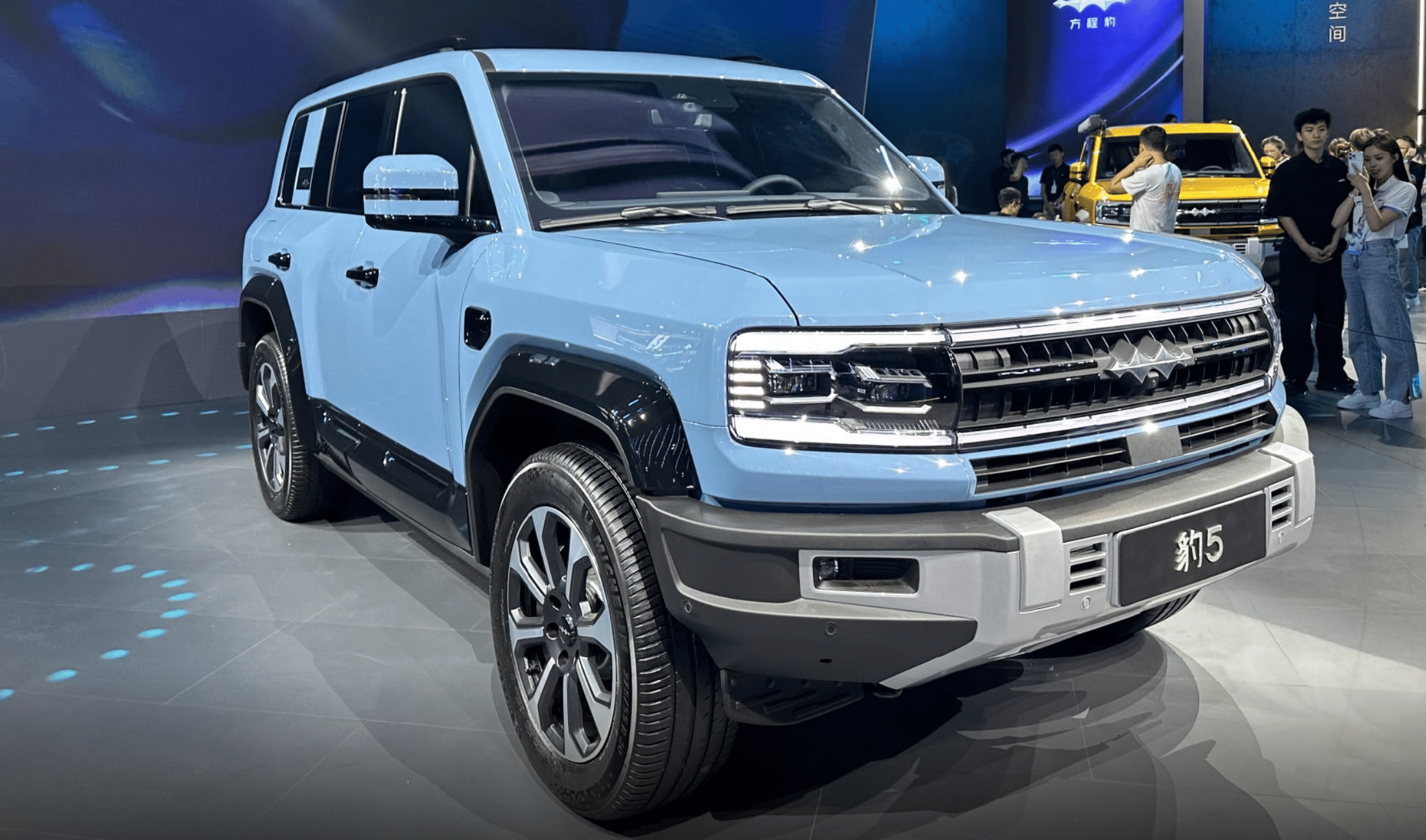
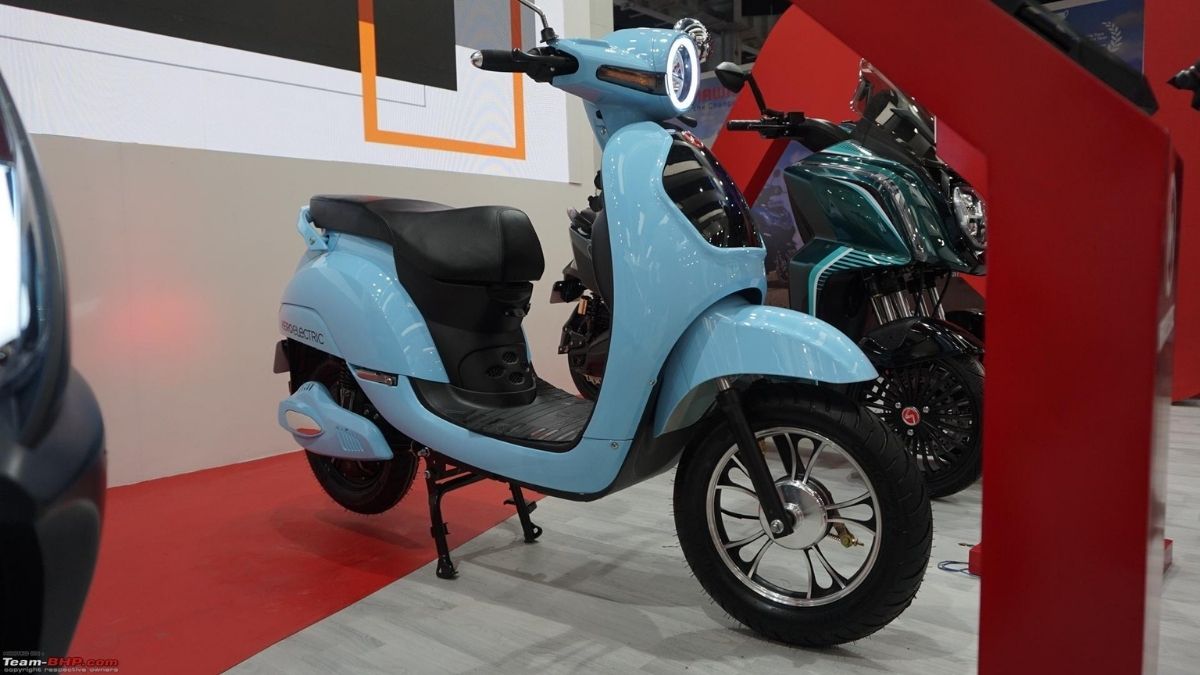
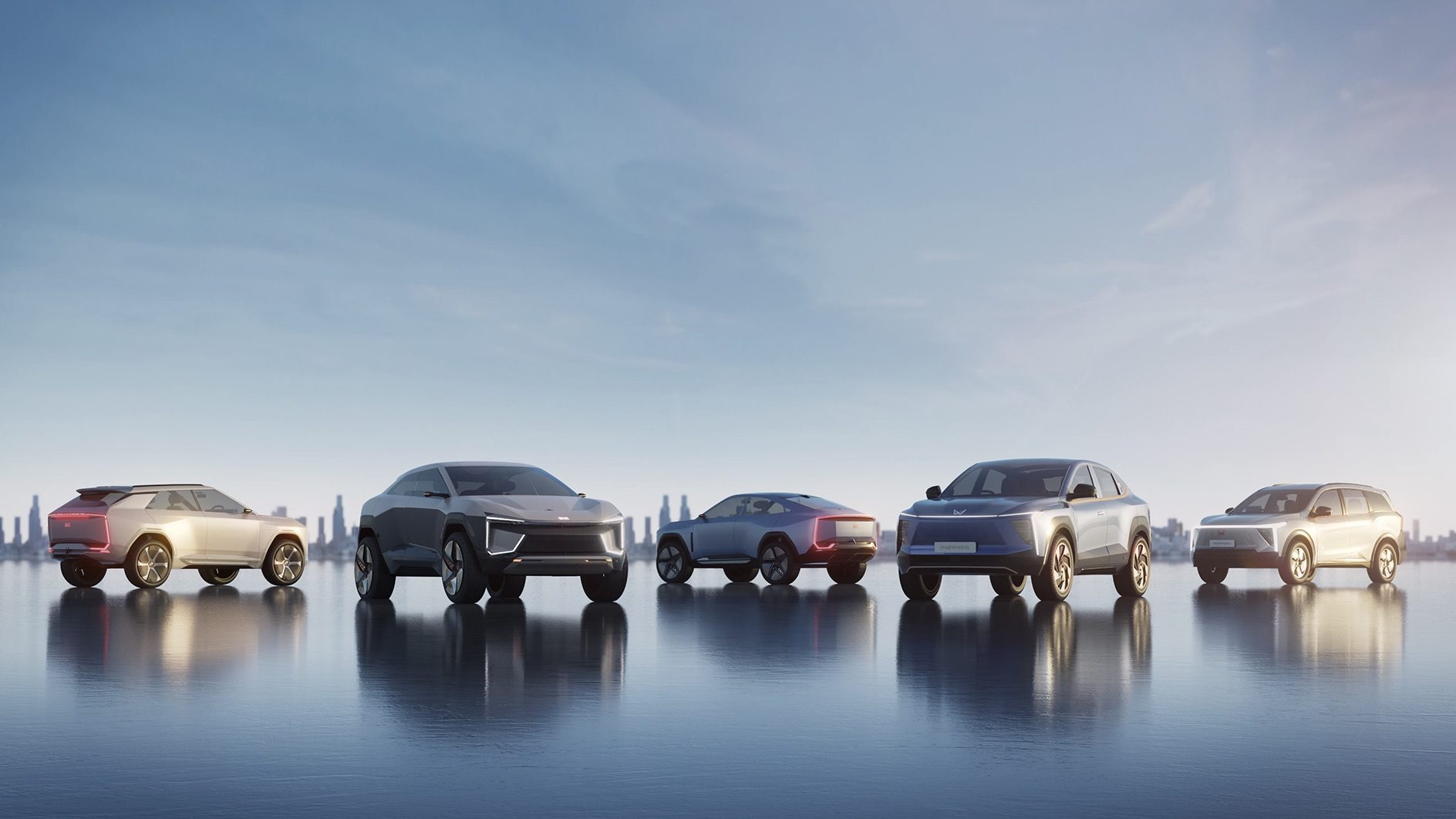
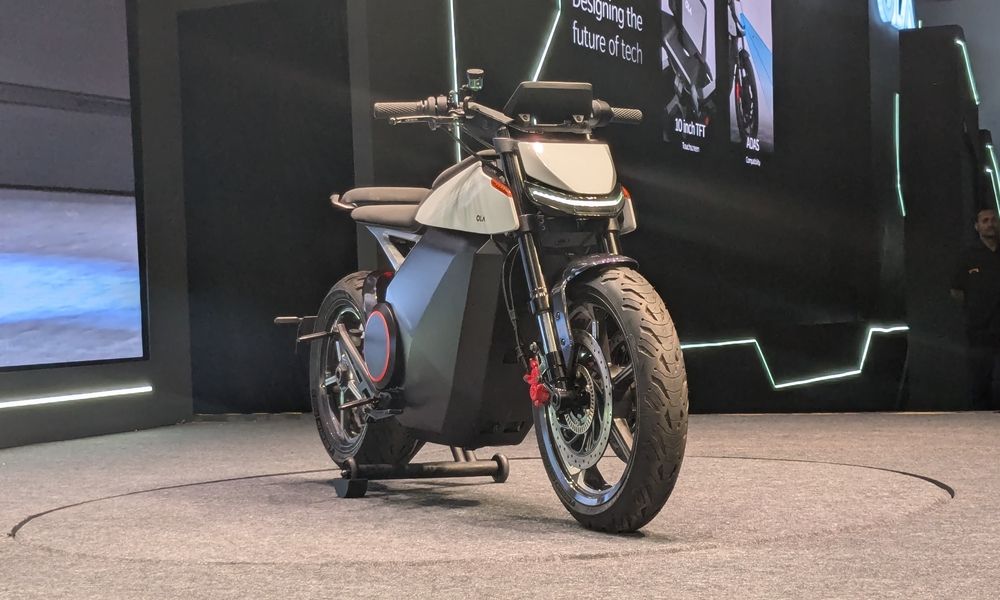



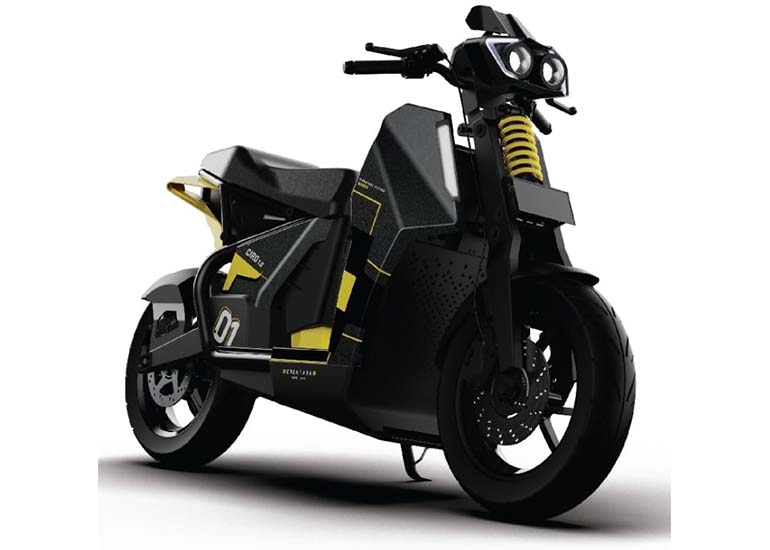
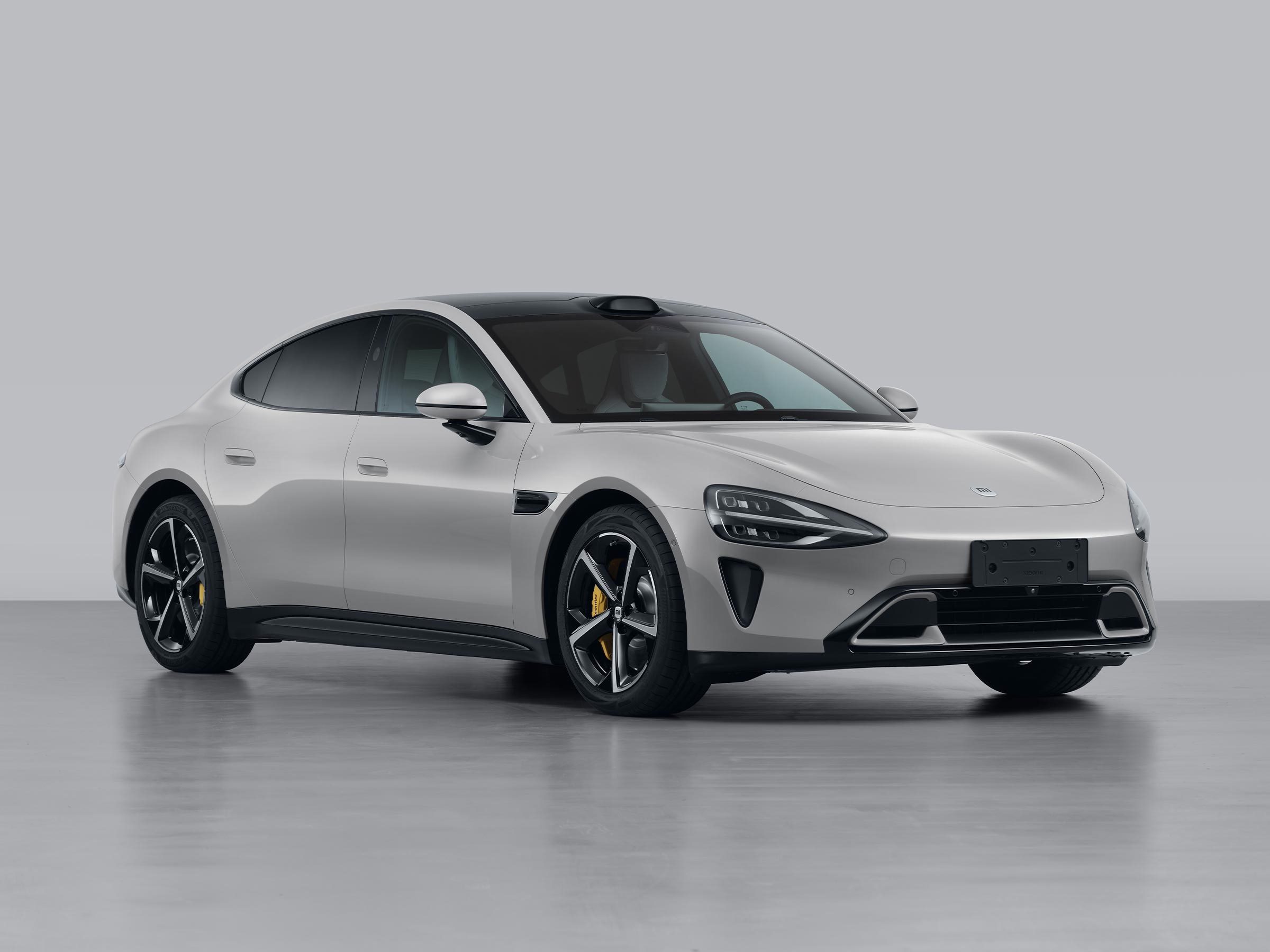

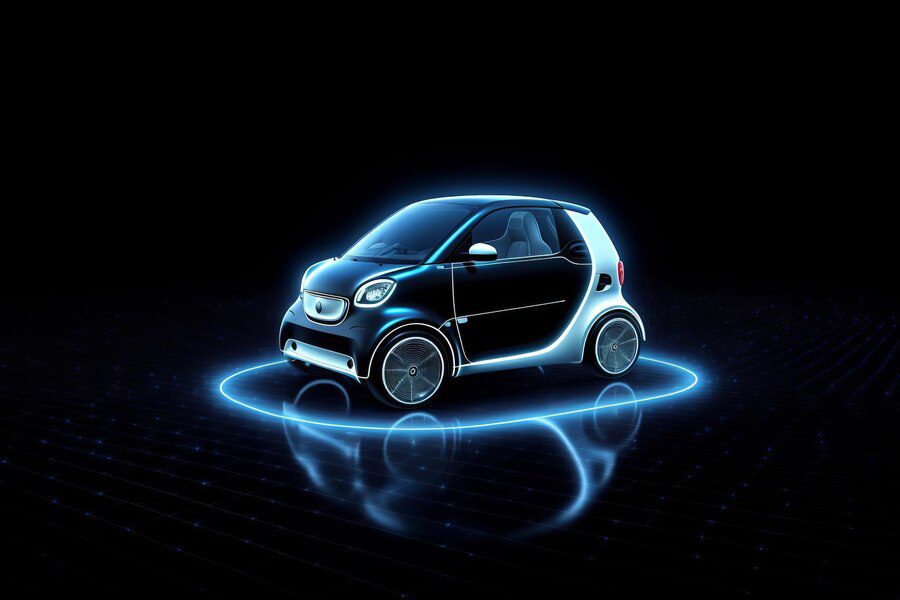
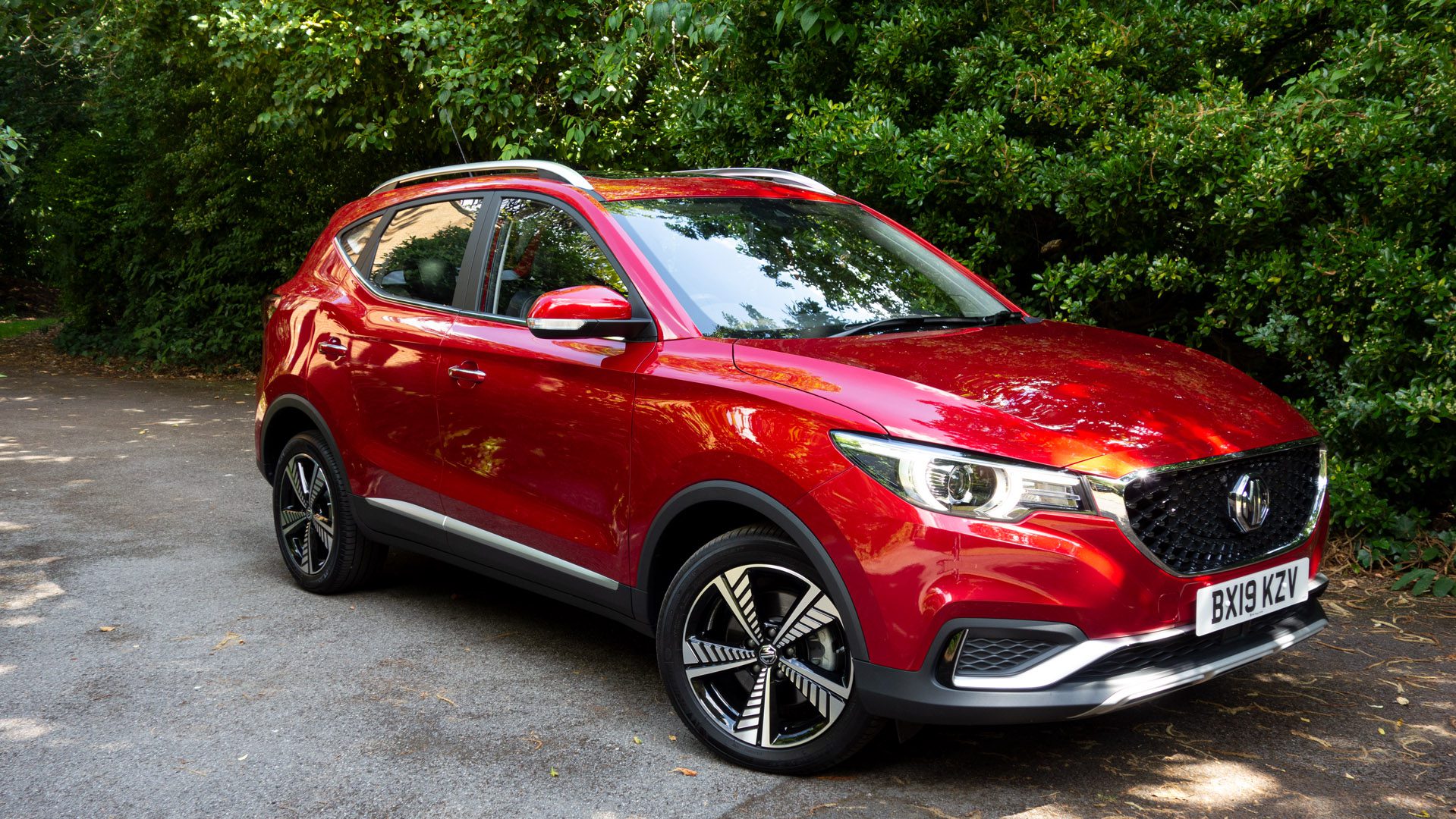





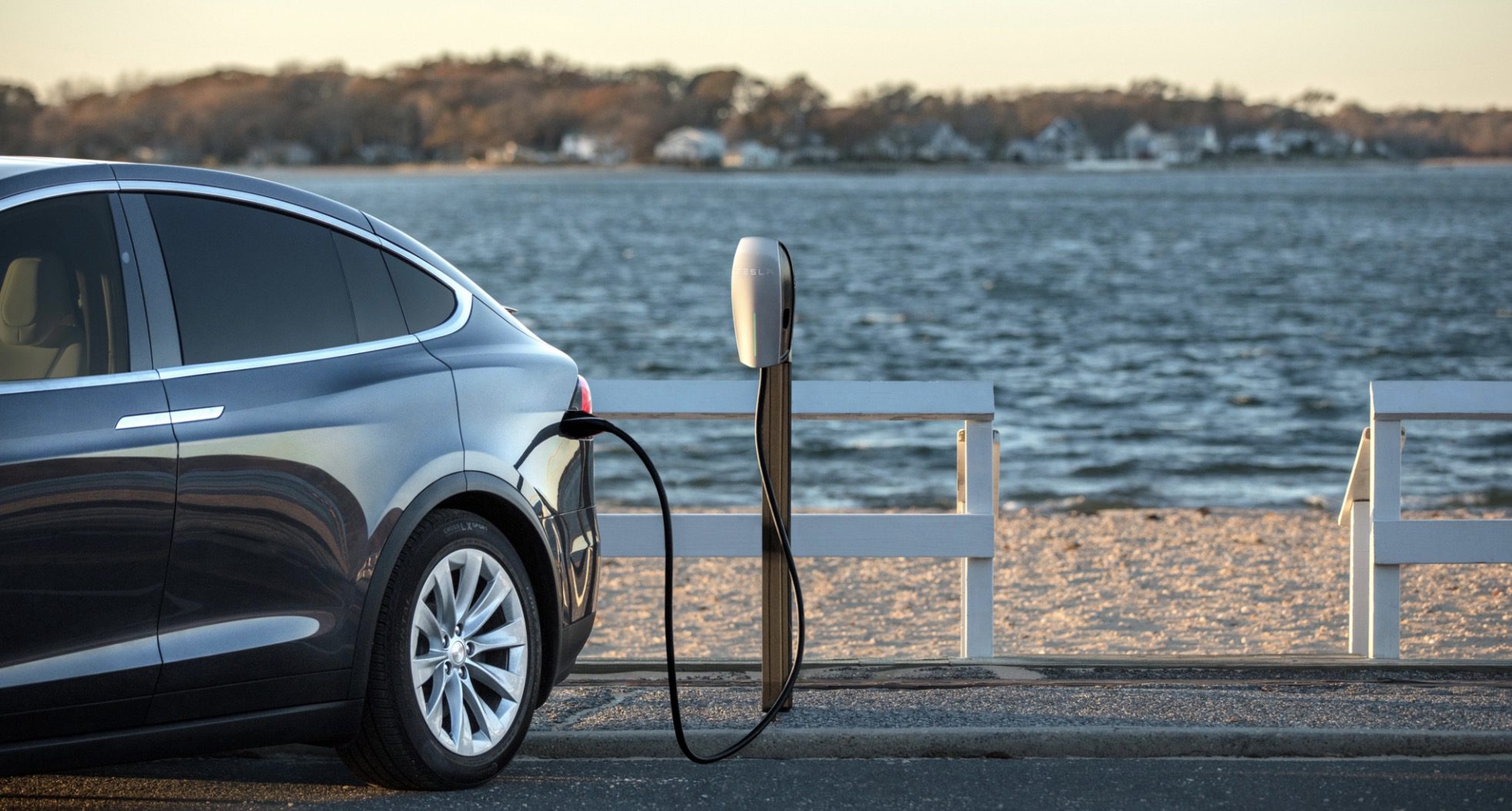
Leave feedback about this